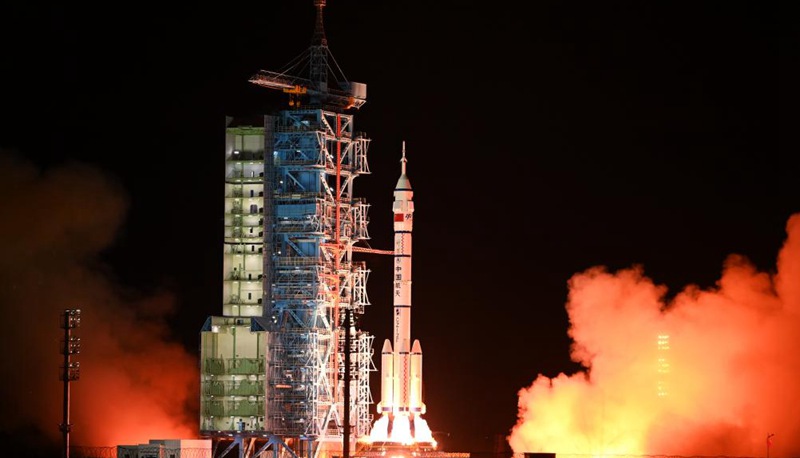Facing the serious situation in the Middle East, reflections and warnings alone are not enough. The international community must act decisively to prevent the conflict from spiraling into a full-scale regional war and deepening the already dire humanitarian crisis.
BEIJING, Oct. 31 (Xinhua) -- "What is happening in the Middle East shows that we have lost our humanity," Josep Borrell, the EU's High Representative for Foreign Affairs and Security Policy, said recently.
Borrell is painfully aware that the world is witnessing the flames of war engulf the Middle East, seeing thousands die in relentless bombings, and observing what he called "the most acute and serious humanitarian crisis" since World War II.
The outgoing EU top diplomat warned that up to 350,000 people in Gaza could die of hunger in the coming weeks. "More than ever, we need to reclaim the humanity lost in Gaza while the world seems unable, or unwilling, to stop the man-made catastrophe unfolding before our eyes," he said on social platform X.
Daily tragedies continue to unfold, only worsening over time.
On Monday, 82 people were killed in Lebanon, marking the deadliest day since Israel launched a full-scale offensive earlier this month. According to Lebanon's Health Ministry, in less than a month, Lebanon has witnessed around 2,100 deaths, 12,700 injuries and one million homeless people.
On Tuesday, 93 people, including 25 children, were killed in an Israeli strike on a residential building in northern Gaza. Even Washington, Israel's main ally, described the incident as "horrifying." In response, the Israel Defense Forces (IDF) released a statement asserting it was "conducting targeted operations and making efforts to avoid causing harm to uninvolved civilians," emphasizing that the area "had been evacuated by the IDF and remains an active combat zone."
As the Gaza conflict drags on, the international community finds the humanitarian crisis in Gaza intolerable.
The United Nations (UN) Security Council has repeatedly held intense debates calling for an immediate ceasefire in Gaza, yet the United States vetoed each relevant resolution.
"Unfortunately, very unfortunately," Brazilian Ambassador to the UN, Sergio Danese, said in October 2023 after the United States vetoed a ceasefire resolution. "Silence and inaction have prevailed once again, serving no one's true long-term interests."
If the deaths of more than 40,000 civilians in Gaza and the starvation and the displacement of millions of women and children are not enough to awaken the conscience of a few Western countries and not enough for them to stop sending weapons and ammunition that have claimed the lives of countless Palestinian civilians, then their professed commitment to protecting human rights is nothing but a lie, Fu Cong, China's permanent representative to the UN, told the General Assembly earlier this month.
Washington's relentless use of veto power has turned into a disgrace on the global stage, exposing the hypocrisy of its claim to uphold peace and justice.
As Borrell approaches the end of his term, he has voiced critical reflections on the EU's approach to the Middle East crisis. However, reflections and warnings alone are not enough. The international community must act decisively to prevent the conflict from spiraling into a full-scale regional war and deepening the already dire humanitarian crisis.■












